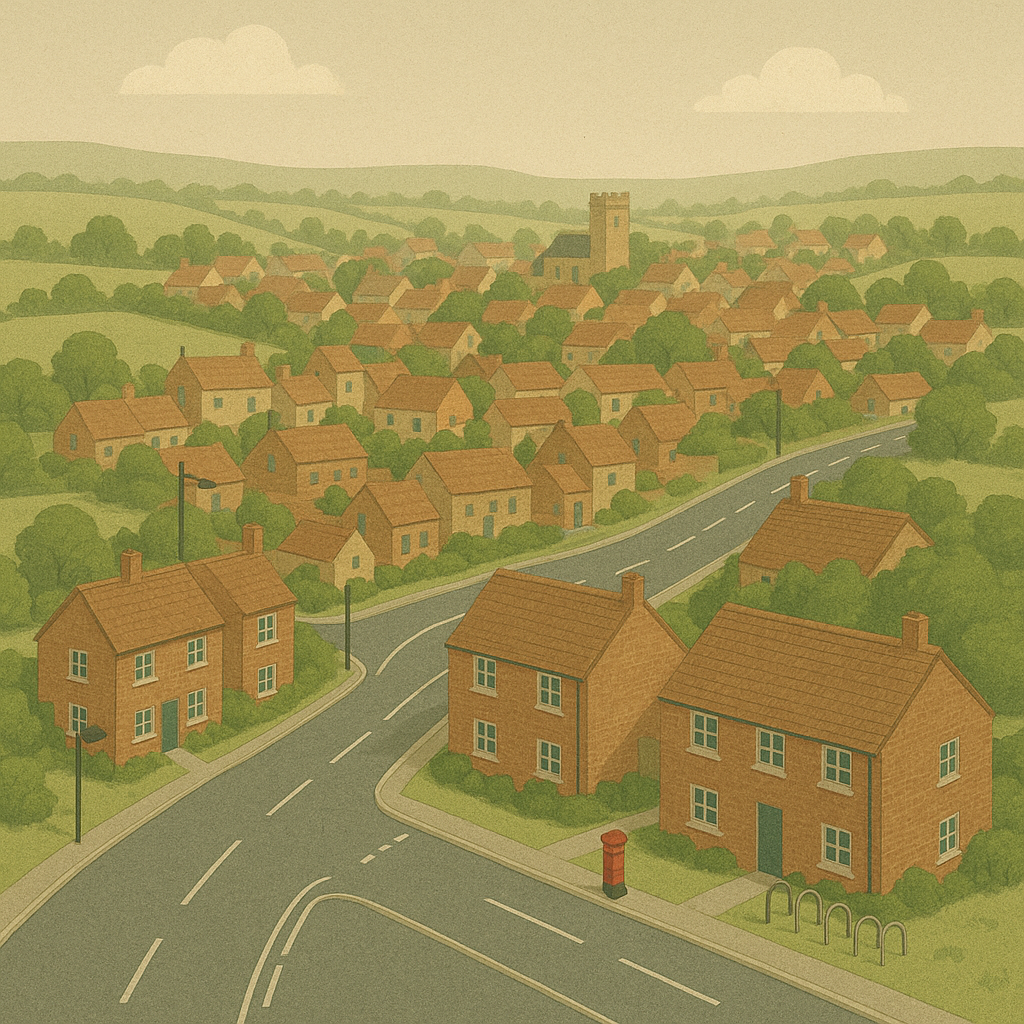
The CCRI has been commissioned by Historic England to undertake three studies, Developing an ecosystems approach: Dry stone walls, Heritage, natural capital and ecosystem services: Lower Severn Vale and Heritage, natural capital and ecosystem services: Historic buildings and boundaries.
Some of the CCRI team were at a Historic England workshop this week talking about their research, including dry stone walls in the Peak District National Park, and heritage, natural capital and ecosystems services in the Lower Severn Vale.
Peter Gaskell is leading the research on Developing an ecosystems approach: Dry stone walls together with John Powell, Paul Courtney, Jeremy Lake and Ken Smith. John gave a presentation at the workshop, talking about the different functions of dry stone walls and how different stakeholders value the functions of assets differently.
Rob Berry gave a presentation connected to the Heritage, natural capital and ecosystem services: Lower Severn Vale project, an area rich in geospatial data, and explained how Ordnance Survey data, together with other data such as from the Office of National Statistics, can help us understand the heritage and natural capital service flows to build up a better picture of ecosystem services.
Jeremy Lake is also working with the CCRI on these three projects, and he gave a presentation about heritage, natural capital of buildings and their boundaries. He talked about the contribution that buildings make to landscape and wildlife and how the benefits they provide change over time.
Work on the three projects will continue until September 2018.





